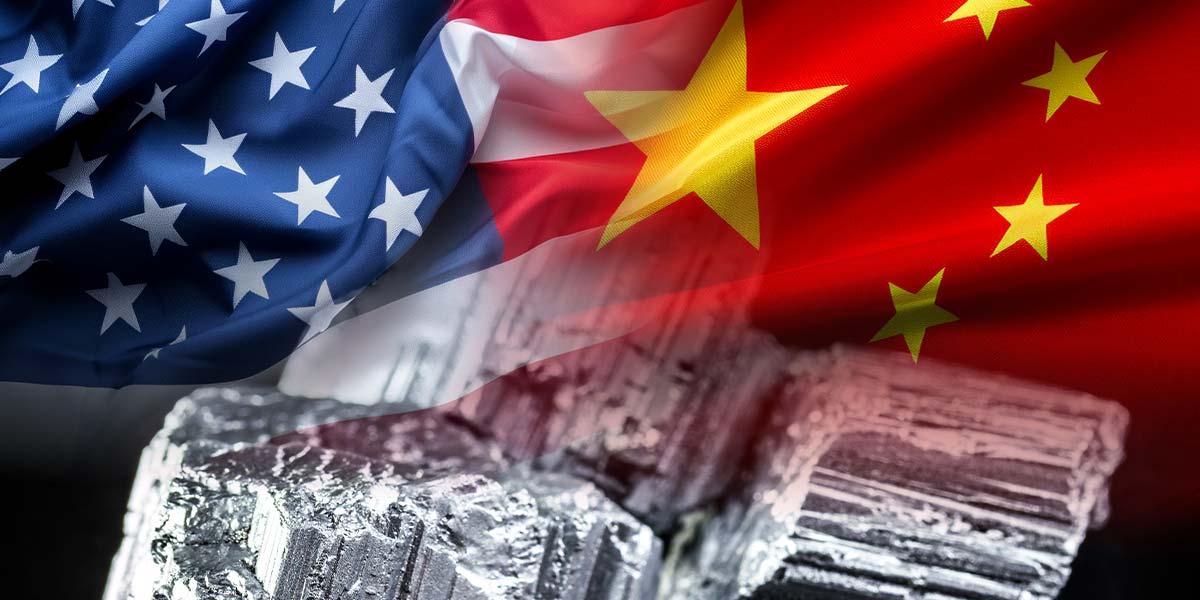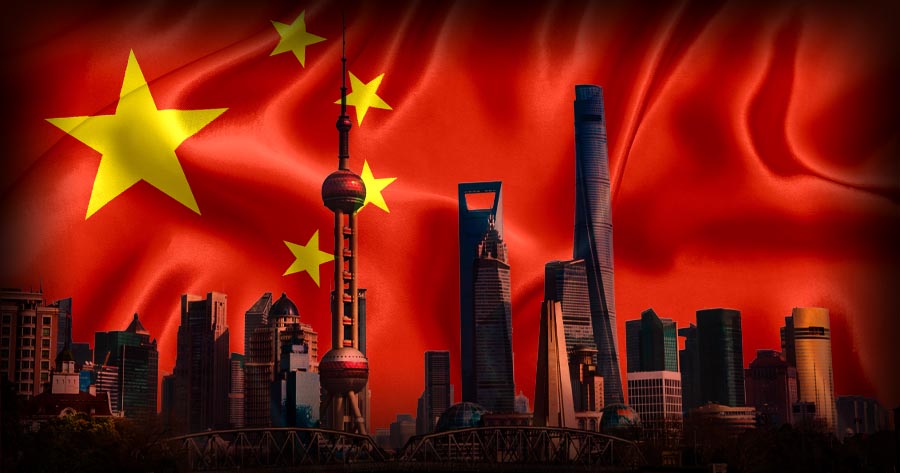China on Thursday pushed back firmly against U.S. criticism of its rare earth export controls, accusing Washington of creating unnecessary alarm and misrepresenting Chinese policies. In addition, the world’s second-largest economy also rejected a White House request to lift the restrictions.
Following suggestions from top U.S. trade negotiators that China could avoid the impending U.S. tariffs—100% on Chinese goods as threatened by President Donald Trump—by relaxing the rare earth curbs set for November 8, the Communist Party’s official newspaper published a detailed seven-point rebuttal.
Chinese commerce ministry spokesperson He Yongqian criticized the U.S. interpretation of the export regulations, describing it as a serious misrepresentation that amplified China’s actions and stirred unwarranted anxiety among international investors and governments. The ministry further clarified that under the new rules, export license applications that meet regulatory standards and are destined for civilian use would be approved.
Recent moves by Beijing to expand restrictions on rare earth exports have created uncertainty across global supply chains. Trade observers have questioned whether China intended to require manufacturers worldwide to apply for export licenses for any product containing even negligible amounts of Chinese rare earths. The commerce ministry explained, however, that such comprehensive licensing requirements are not being imposed.
In Washington, U.S. Trade Representative Jamieson Greer characterized China’s recent actions as an effort to assert more control over global supply chains and expressed hope that Beijing would ultimately refrain from putting the rules into effect. Meanwhile, Treasury Secretary Bessent indicated that an additional extension to the current 90-day tariff truce—which will expire around November 9—remains a possibility.
Both sides had maintained relatively calm trade relations following a direct call between Presidents Trump and Xi on September 19, which came after a key summit in Madrid widely considered successful owing to a significant breakthrough on the TikTok issue.
Beijing blames the escalation in tensions on the U.S. Commerce Department’s late September decision to expand its “Entity List” to target companies circumventing export controls, while Washington points to China’s new critical minerals restrictions as the catalyst.
China argues it informed the U.S. of its licensing regime in advance and insists its export controls align with international norms, contrasting its list of 900 restricted items to 3,000 of the U.S. Beijing contends the U.S. has long misused national security concerns and export restrictions against China, noting Washington has imposed similar rules since the 1950s, particularly in the semiconductor sector.
Financial markets, which have previously stabilized after avoiding further reciprocal tariffs earlier in March and April, could be unsettled once again if tensions escalate. The stakes are especially high ahead of a scheduled meeting between President Trump and President Xi Jinping in South Korea later this month.





